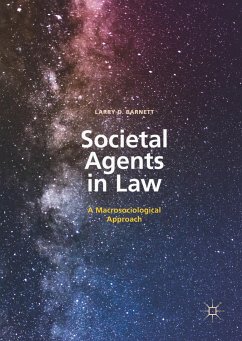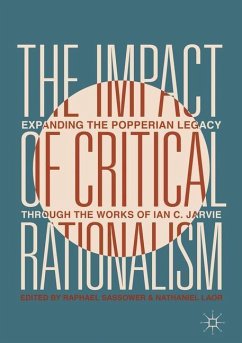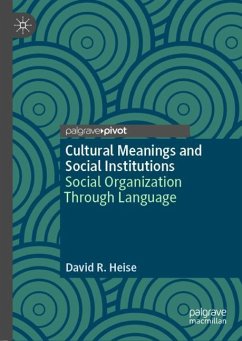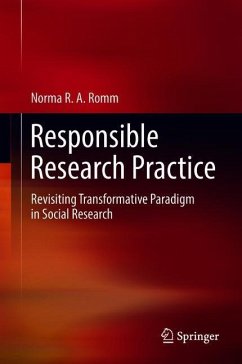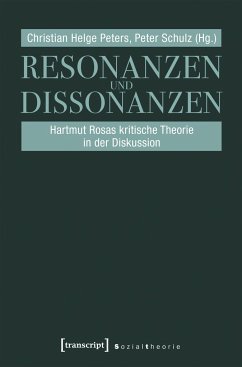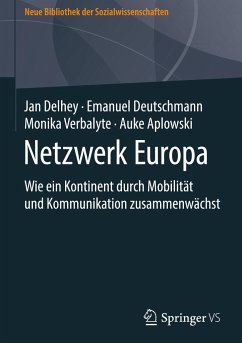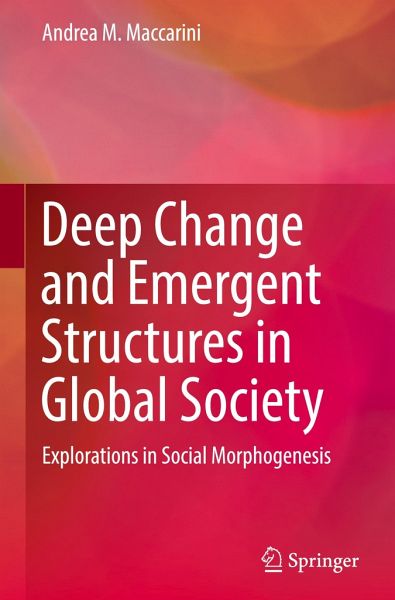
Deep Change and Emergent Structures in Global Society
Explorations in Social Morphogenesis

PAYBACK Punkte
31 °P sammeln!
This book addresses the problem of the transition to new forms of social order in the global world. As a haunting sense of historical discontinuity pervades Western societies, it offers a fresh perspective on the issue, focusing on two basic coordinates to pinpoint the developmental path of rapidly changing societies: one is the mechanism of unfettered social morphogenesis and the other is the specific kind of societal unification brought about by globalization, with the related closure of the world. The book draws on the theoretical work produced in the five volumes of the Springer series ''S...
This book addresses the problem of the transition to new forms of social order in the global world. As a haunting sense of historical discontinuity pervades Western societies, it offers a fresh perspective on the issue, focusing on two basic coordinates to pinpoint the developmental path of rapidly changing societies: one is the mechanism of unfettered social morphogenesis and the other is the specific kind of societal unification brought about by globalization, with the related closure of the world. The book draws on the theoretical work produced in the five volumes of the Springer series ''Social Morphogenesis'' and applies it in a sustained and concerted approach to the empirical examination of macro-social change.
The first part of the book presents the social ontology of the morphogenetic approach, and discusses its capacity to interpret macrosocial transitions. The second part then draws a prospective outline of the social formation known as the 'morphogenic society,' showing how unbound morphogenesis in a globalized world shapes such crucial phenomena as social norms, war and violence, openness and closure as adaptive responses from social organizations. Lastly, the third part examines the anthropological consequences of these societal trends, focusing on self and character as well as on human fulfillment and the 'good life'.
The first part of the book presents the social ontology of the morphogenetic approach, and discusses its capacity to interpret macrosocial transitions. The second part then draws a prospective outline of the social formation known as the 'morphogenic society,' showing how unbound morphogenesis in a globalized world shapes such crucial phenomena as social norms, war and violence, openness and closure as adaptive responses from social organizations. Lastly, the third part examines the anthropological consequences of these societal trends, focusing on self and character as well as on human fulfillment and the 'good life'.




